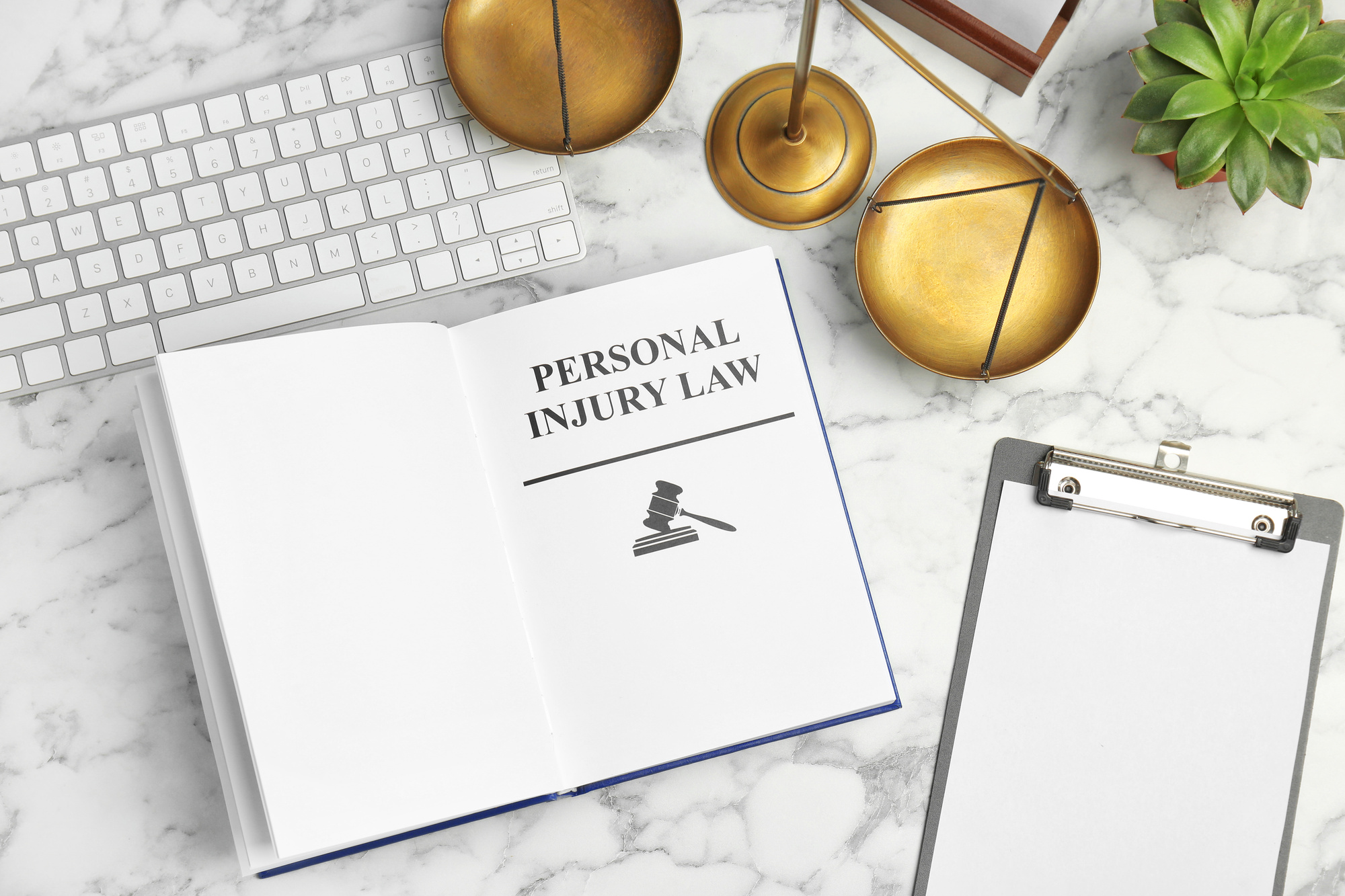Welcome to the Buckeye State, where Ohio’s asset protection laws are putting residents in the driver’s seat when it comes to safeguarding their hard-earned wealth. Whether you’re a native Clevelander or recently arrived in Cincinnati, this guide will help you in navigating Ohio’s legal landscape and empower you with invaluable insights on protecting assets.
Overview of Ohio’s Asset Protection Laws
Ohio is a debtor-friendly state when it comes to asset protection. The state has several laws and exemptions that make it difficult for creditors to seize assets. As a result, Ohio is a popular state for people looking to protect their assets from creditors.
Here is an overview of Ohio’s asset protection laws:
Exemptions: Ohio has favorable exemption laws that protect many types of assets from seizure by creditors. For example, the state exempts up to $145,475 of equity in a primary residence. This means that if you own a home with $145,475 or less in equity, your home cannot be seized by creditors. Other exempted assets include retirement accounts, life insurance policies, and certain types of personal property.
Judgment Proof: If the only asset is exempt from seizure, you are considered “judgment proof.” This means that even if you owe money to creditors, they cannot seize your assets because you have no nonexempt acquisitions for them to take.
Lien Avoidance: In Ohio, creditors can place a lien on your property if you owe them money. A lien grants the creditor the right to seize the property if you default on your debt. Nevertheless, there are strategies to sidestep liens in Ohio. For instance, you can employ an irrevocable trust, a legal instrument that an Asset Protection Lawyer in Ohio can help you establish, effectively shielding assets from seizure by creditors.
Strategies to Protect Assets in Ohio
There are a number of ways to protect your assets in Ohio. The best way to do this is to consult with an experienced asset protection attorney who can advise you on the best course of action for your particular situation.
Here are some general strategies to consider:
1. Start a business; possibly a corporation, LLC, or partnership. Doing so can protect personal investments from corporate liabilities.
2. Trust your assets. This can be an irrevocable trust, so you or other beneficiaries cannot remove the acquisitions. A trust can shield assets from creditors and lawsuits.
3. Get insurance. Insurance can protect your assets if you’re sued for accident-related losses. Ensure all acquisitions are covered.
4. Lower your risk. Avoid high-risk investments and risky sports and recreation. Check your insurance policies often to ensure they cover the risks.
Conclusion
As a resident of Ohio, you should familiarize yourself with the asset protection laws so that you can be prepared in case of any unexpected legal troubles. This guide has hopefully given you an overview of some of the most important things to keep in mind and how they apply to your assets. When it comes to protecting your hard-earned money and property, doing research on state law is never a bad idea.







